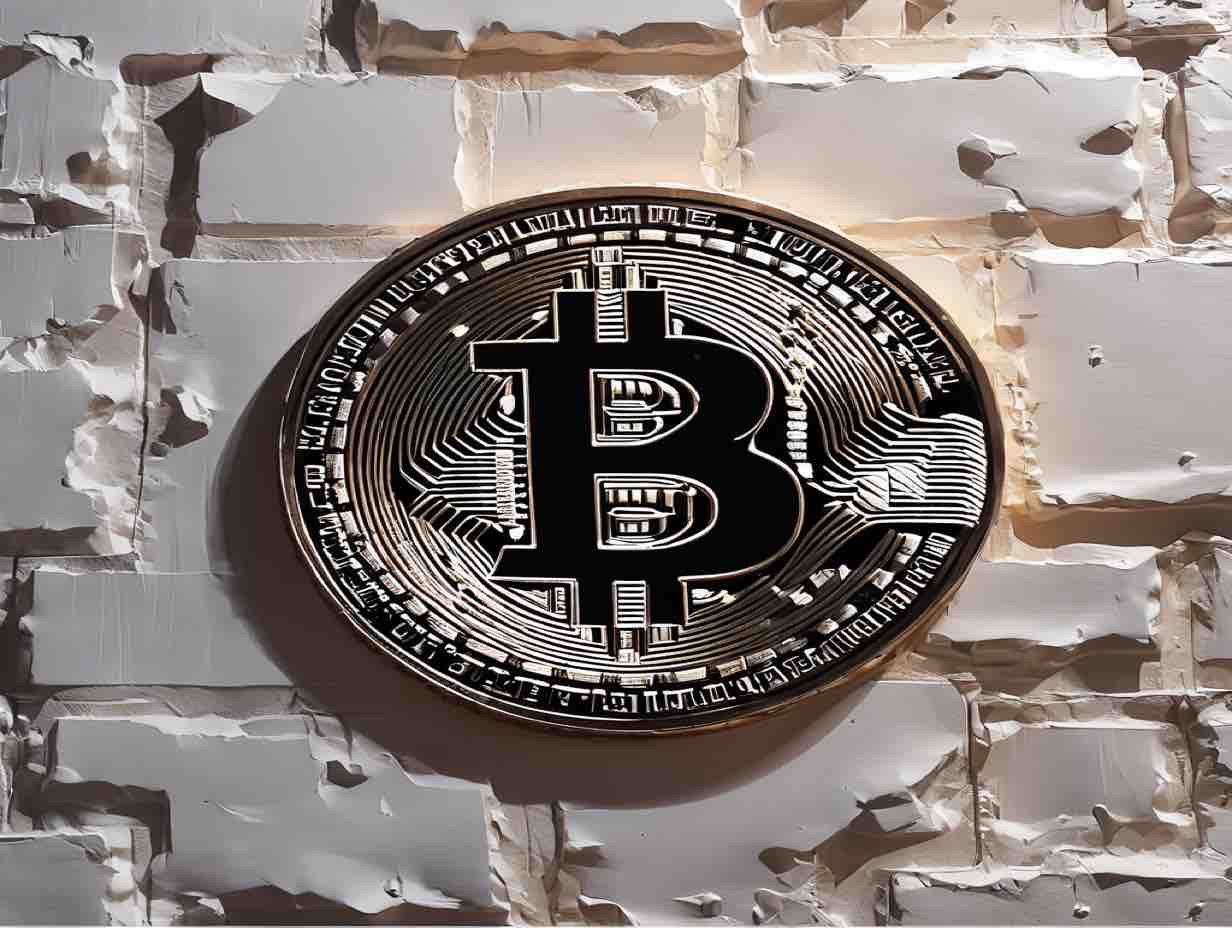The growing popularity of Bitcoin and the emergence of new meme coins on its blockchain have catalyzed a collaborative effort among Bitcoin developers to establish and formalize the BRC-20 fungible token standard. This initiative is led by the recently formed Layer 1 Foundation, which aims to ensure transparency and trust within the protocol to facilitate future growth.
Bitcoin developers establish BRC-20 token standard
Co-founded by the pseudonymous BRC-20 creator known as Domo, the Layer 1 Foundation boasts participation from various notable entities in the cryptocurrency space, including Hiro, Alex Labs, Oyl Dynamics, Allium Labs, and UTXO Management. Key figures such as Bitcoin wallet developer Unisat and Ordinals aggregator Best in Slot have been appointed to jointly oversee the maintenance of the BRC-20 protocol under the foundation’s auspices.
The foundation’s resolution outlines several core objectives that its members are committed to pursuing. These objectives include prioritizing simplicity in technical architecture, adopting a safety-first approach when implementing changes to the protocol, fostering open discussions among stakeholders, considering community feedback in development decisions, and ensuring that any protocol-level changes are open-source and transparent.
By publicly endorsing the Layer 1 Foundation’s framework, stakeholders hope to mitigate the risk of future conflicts and the potential for a hard fork of the BRC-20 protocol. Should a member opt to initiate a hard fork, it would be conducted transparently and openly, according to Isabel Foxen Duke, Vice President of the foundation.
Prioritizing user needs over individual agendas
A hard fork involves implementing non-backward compatible changes to a blockchain, necessitating that all participants upgrade to the latest software to continue operating on the network. Earlier this year, the BRC-20 community faced a decision regarding the implementation of the Jubilee update to Bitcoin Ordinals, with differing perspectives from key stakeholders.
While Domo advocated for caution, citing safety concerns and the need for thorough testing before implementing the update, Unisat supported its adoption. Despite tensions surrounding the possibility of a hard fork, Lorenzo, founder of Unisat Wallet, clarified that forking BRC-20 was not the objective. He emphasized that there were more opportune moments in the past, indicating a commitment to resolving disputes without resorting to drastic measures.
While political dynamics are at play, Foxen Duke stressed that the primary goal is to safeguard BRC-20 protocol users and prioritize their interests over individual developers’ agendas. The foundation aims to achieve this by decentralizing governance, ensuring that no single entity possesses disproportionate power in decision-making processes that could favor their interests over those of users.
The establishment of the Layer 1 Foundation represents a concerted effort by Bitcoin developers to formalize governance and ensure the integrity of the BRC-20 protocol amid its surging popularity and evolving ecosystem. By fostering transparency, prioritizing user needs, and decentralizing governance, the foundation seeks to uphold trust and facilitate sustainable growth within the BRC-20 community.
A Step-By-Step System To Launching Your Web3 Career and Landing High-Paying Crypto Jobs in 90 Days.
 U.S. Attorney’s Office moves to recover $2.3M in crypto from fraud scheme
U.S. Attorney’s Office moves to recover $2.3M in crypto from fraud scheme